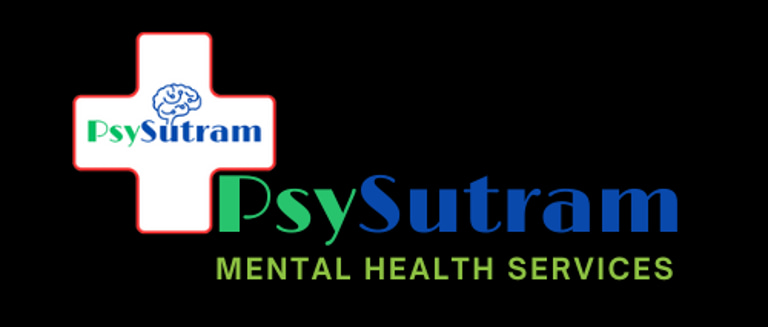
How is mental illness diagnosed?
Dr. Ooha Susmita
2/28/20242 min read


By talking to you, of course.
Your first session with the psychiatrist will be a conversation starting off with whatever is troubling you- your symptoms, per se. In due course, over multiple sessions, we might delve deeper into your likes and dislikes, your background, friends and family, your relationships and your ambitions.
When it comes to a diagnosis however, there are two manuals we refer to.
ICD-11 by the WHO
DSM-V by the American Psychological Association
Both of these manuals contain the criteria which, if met, point us towards a diagnosis which is medically and legally (for insurance purposes) relevant.
In clinical reality though, the brain is a unique and esoteric organ. So, what we read in the textbooks might not very well align with what we see in the doctor's office. That's where experience and clinical acumen comes in.
The art in psychiatry lies not in knowing that depression is diagnosed by the symptom of low mood, but in understanding that low mood can present as frustration, anger, irritation, apathy and sometimes, even as laughter. It's only by talking to you that I can unearth the reality beneath those tears or that smile. And that process might take a single session, or at times multiple sessions and a few screening tests.
In the meantime, we'll be working with "Differential diagnosis" or "Provisional diagnosis".
Differential diagnosis includes all the possible diagnoses that your particular collection of symptoms might be due to. We'll rule each one out either with more questions or "history", or with the help of screening tests, or with lab investigations such scans and blood tests.
Provisional diagnosis is what we conclude at the end of the history-taking or questioning process to be the most likely diagnosis. This is what your treatment will be based on initially. As more data pours in, from further conversations, test results and response to treatment, this diagnosis can evolve and change accordingly.
As a patient, should you be worried about the diagnosis or the lack of one for medical reasons?
This might be a controversial take, but in mental health, I don't believe you should get caught up in the diagnosis. It might be a good jumping off point, or an easier way to convey your condition to a new doctor, but clinically, I treat what I can see. And like I mentioned above, that might not always be in line with what the textbooks say your diagnosis is.
So, let's talk, and together decide what we need to work on or work with. My advice, your choice.
Subscribe to our blog for weekly mental wellness updates
Contact Us
drooha@psysutram.com
+91 80739 56316
Consultation Timings
Mon - Wed - Fri
9AM - 7PM
Tue - Thu
9AM - 12PM
Sat
9AM - 2PM
